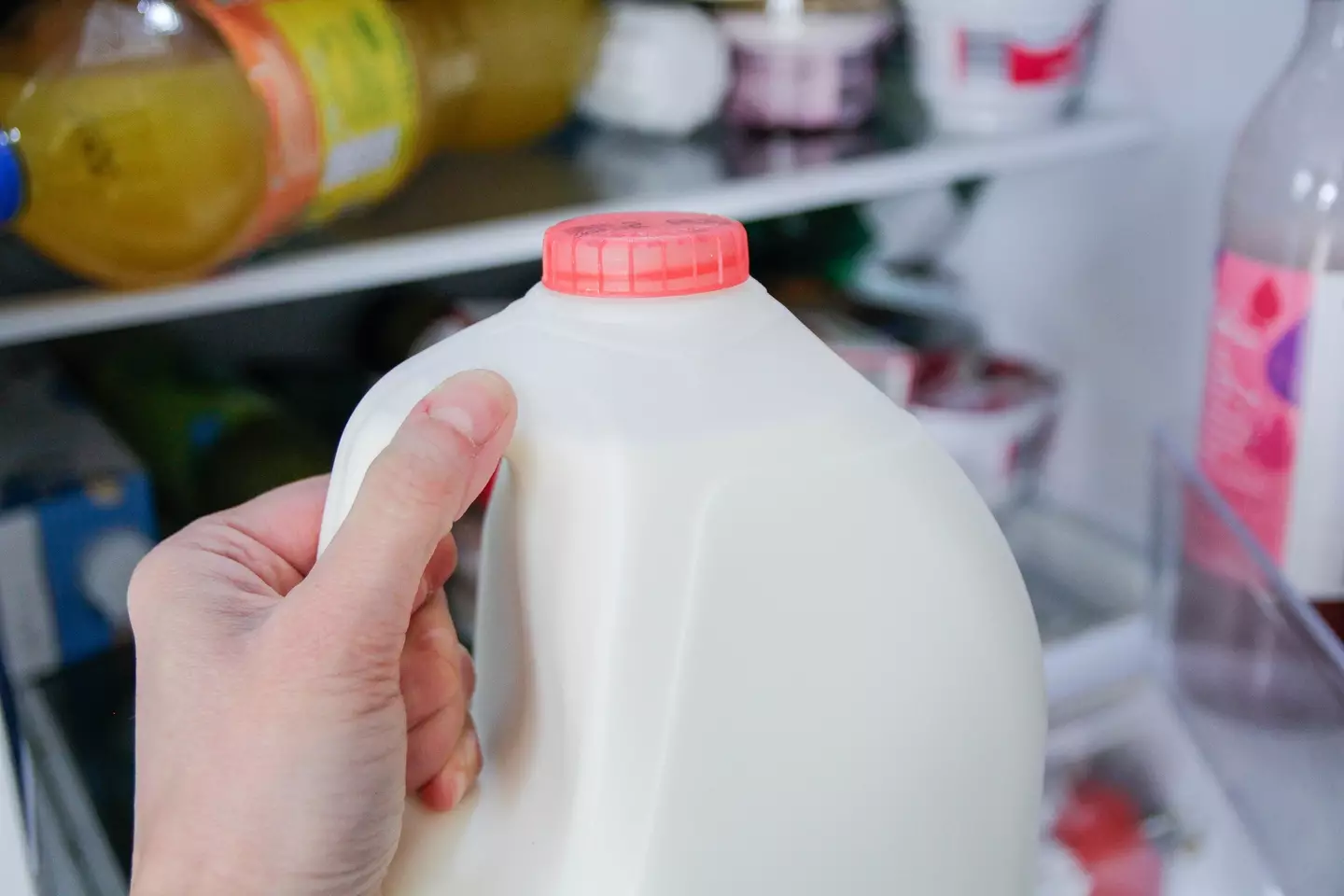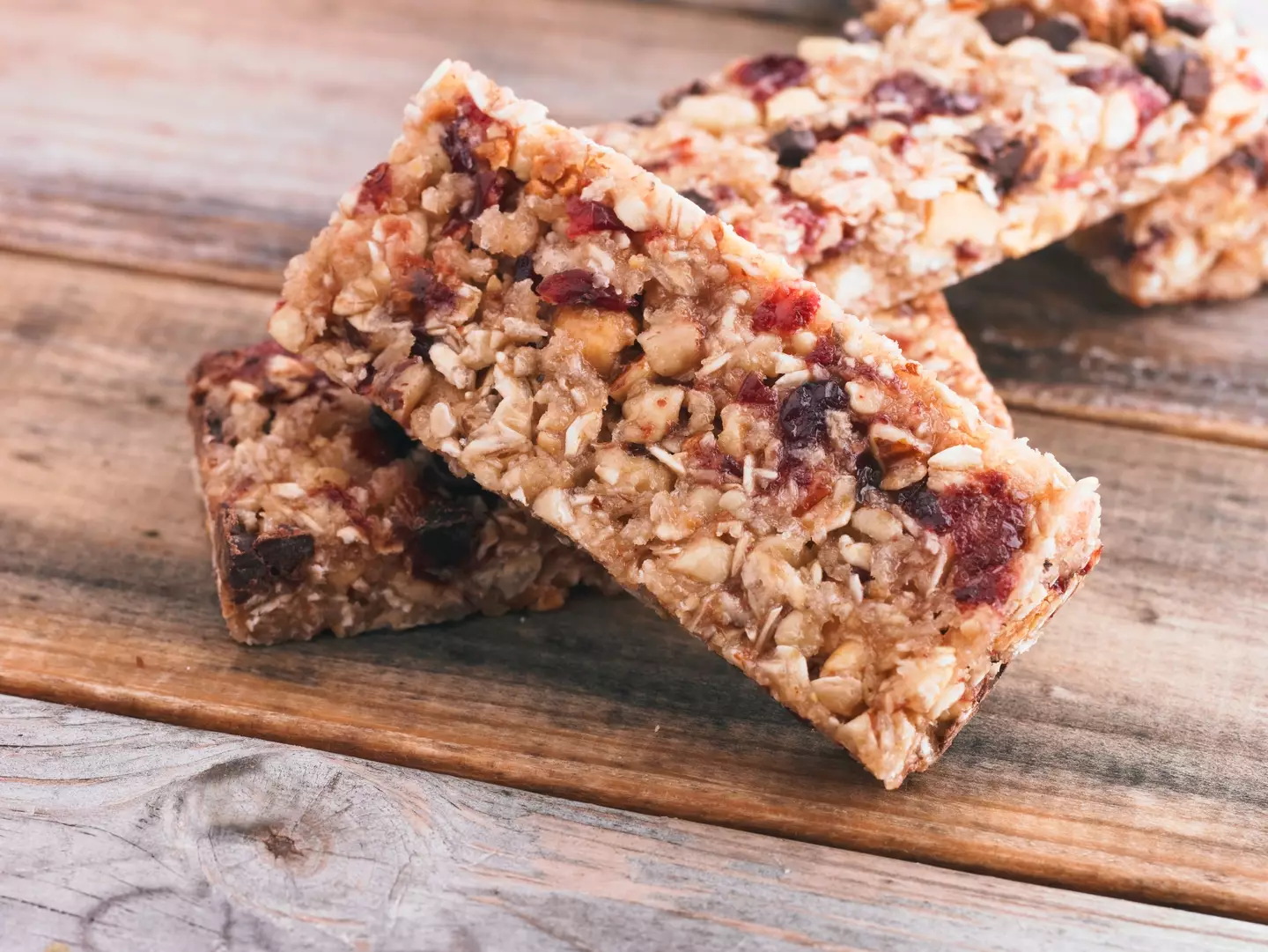A cardiologist has highlighted five common foods she diligently avoids to maintain a ‘healthy’ heart.
When asked to list five foods that aren’t good for you, most people wouldn’t hesitate.
Typically, people think of greasy burgers, oil-drenched fries, and sweet treats. While these aren’t incorrect, there are other less obvious foods that can negatively affect heart health.
Dr. Elizabeth Klodas, a cardiologist with extensive experience, has outlined the foods she steers clear of and her reasoning.

This might be tough to hear, but bread is a regular part of many diets, whether it’s toasted for breakfast or used in sandwiches.
While moderation is key, Klodas highlighted in a CNBC article that bread and baked goods significantly contribute to our sodium intake.
Excessive sodium can elevate blood pressure, raising the risk of heart disease and stroke.
However, not all bread is created equal. Klodas looks for loaves with visible grains and seeds, ensuring a good fiber intake of at least three grams per 100 calories.

It’s not butter, yet that doesn’t guarantee it’s healthier.
Although the FDA’s 2015 ban on partially hydrogenated oils has reduced trans-fat in margarine, many products still pose health risks due to palm oil content.
Palm oil, also found in instant noodles and chocolate, is rich in saturated fats that can elevate cholesterol.
Klodas suggests using margarine made from olive oil, which contains low levels of saturated fat and no trans fats, for spreading on toast.
Switching to ‘low fat’ products may not be enough.
Klodas mentioned that dairy products with milk are significant sources of saturated fats. While skim milk is preferable to full fat, she recommends heart-friendly alternatives like almond, cashew, or macadamia nut milks, which are richer in healthy unsaturated fats.
For a calcium boost, consider fruits and vegetables such as broccoli, kale, oranges, or fish like canned salmon.

*Reluctantly sets down diet soda*
Despite the ‘diet’ label, Klodas noted that artificial sweeteners replacing sugar can affect gut proteins that help prevent obesity and diabetes.
For a fizzy alternative, Klodas suggests sparkling water with fruit and mint, or tea rich in compounds that combat inflammation and cell damage.

Though granola bars often seem healthy with their fruit, seeds, and nuts, there’s more to them than meets the eye.
Many popular bars are loaded with added sugars, artificial sweeteners, and ingredients like palm oil.
Klodas suggests opting for raw nuts or oatmeal with dried or fresh fruit as healthier snack alternatives.

